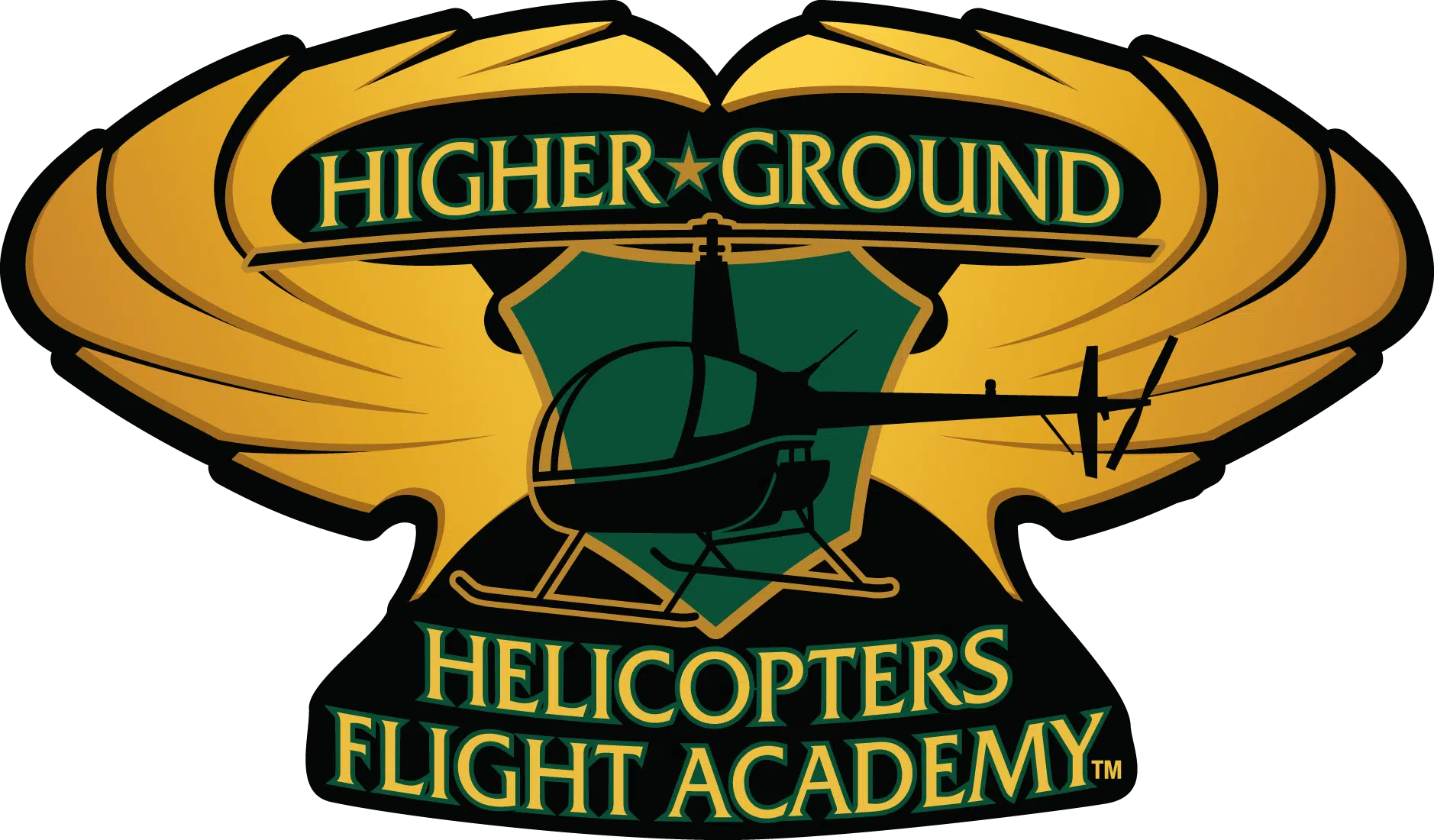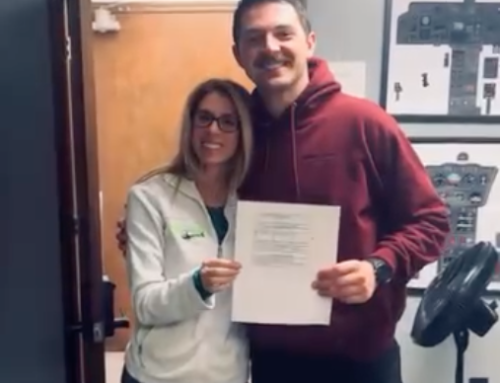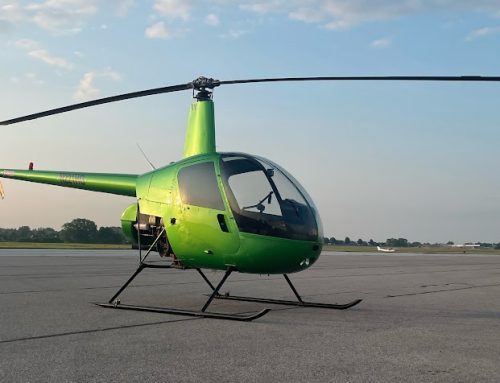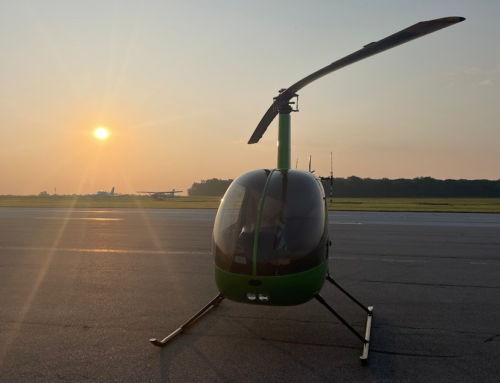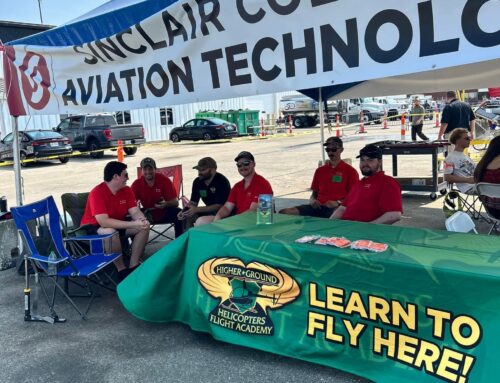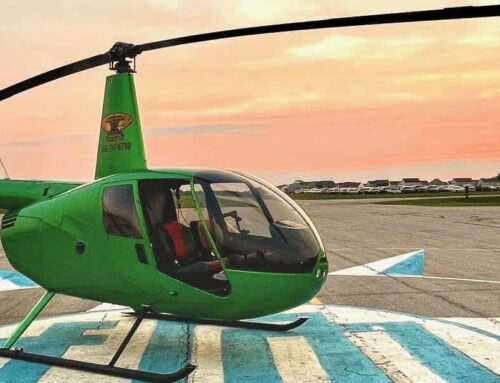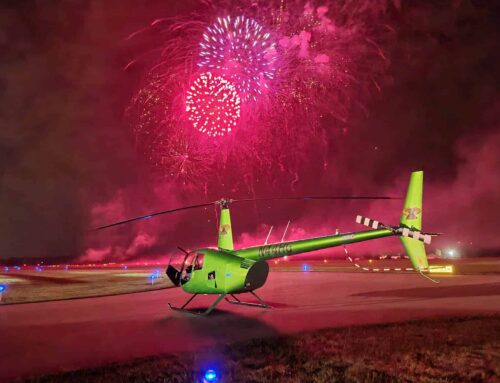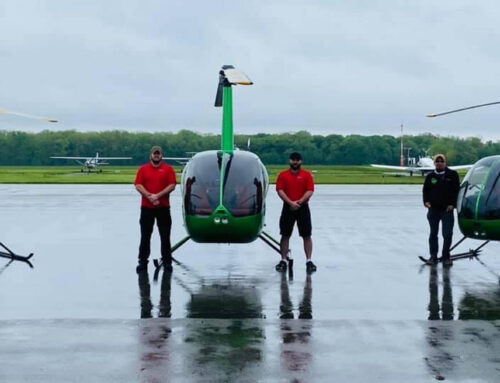There is no upper age limit for helicopter flight training, but there are minimum age requirements. If you are interested in flying a helicopter, you can start when you are 16 and fly as long as you pass the helicopter pilot requirements.
If you’re dreaming of flying a helicopter, you might wonder whether age could hold you back. Maybe you’re fresh out of high school and ready to begin aviation training, or perhaps you’re approaching retirement and looking to finally pursue a lifelong passion.
The good news? In the United States, there is no upper age limit for learning to fly helicopters. While there are minimum age requirements and medical standards to meet, older adults can absolutely start helicopter flight training.
Let’s break down the age rules, certification requirements, career considerations, and physical expectations so you can decide if helicopter training is right for you at any age.
What Are the Minimum Age Requirements for Helicopter Flight Training?
The Federal Aviation Administration (FAA) sets the rules for helicopter pilot certification. Here are the age requirements:
- 16 years old – Minimum age to fly a helicopter solo as a student pilot
- 17 years old – Minimum age to obtain a Private Pilot License (PPL-H)
- 18 years old – Minimum age for a Commercial Pilot License (CPL-H)
- 21 years old – Minimum age to qualify for an Airline Transport Pilot (ATP) certificate, though this is less common in helicopter operations
There is no maximum age for starting helicopter training or earning a license.
No Upper Age Limit for Learning
Unlike some physically demanding fields, helicopter training has no FAA-imposed age cutoff. You can begin learning to fly in your 30s, 50s, 60s, or beyond-provided you meet medical and safety requirements.
Many helicopter students begin training later in life:
- Hobbyists in their 40s and 50s
- Business owners using rotorcraft for travel
- Retirees seeking adventure or bucket-list goals
- Veterans transitioning into civilian life
- Career changers in their 30s and 40s
Instructors regularly teach students across a wide age range.
What Are the Medical Requirements for Senior Flight Training?
To fly a helicopter, you must pass an FAA medical exam with an Aviation Medical Examiner (AME). The class of medical you need depends on your training and goals:
- 3rd Class Medical – Required for student or private pilots
- 2nd Class Medical – Required for commercial pilots
- 1st Class Medical – Required only for ATP-level career pilots
As long as you can pass the required exam, age does not prevent certification. Common concerns include:
- Vision correction (glasses or contacts are allowed)
- Controlled high blood pressure
- Hearing limitations
- Joint stiffness or past injuries
If you’re unsure about a condition, consulting an AME before training is wise.
Physical and Cognitive Demands
Helicopter flying involves coordination, judgment, and quick responses, but it’s not a high-impact activity. Older learners often excel due to maturity, patience, and focus.
Important abilities include:
- Good hand-eye coordination
- Spatial awareness
- Situational judgment
- Decision-making skills
Flight schools often support older trainees by adjusting lesson pacing and tailoring instruction to learning styles.
Career vs. Recreational Flying
Age affects your goals more than your eligibility. Here’s the breakdown:
Recreational or Private Flying
Age is rarely a barrier. Private pilots can train and fly well into their 60s, 70s, or even 80s, as long as they hold the proper medical certification.
Commercial Flying Careers
If you’re starting in your 40s or later, you can still earn a commercial license, but building flight hours and landing jobs may be more challenging. Most employers prefer younger pilots for long-term career paths, but older pilots do work in:
- Flight instruction
- Utility operations
- Aerial photography
- Tourism
- Helicopter tours
Unlike airline pilots, helicopter pilots are not subject to a mandatory retirement age of 65. Your career length depends on your health, performance, and employer policies.
Licensing Pathway
Regardless of age, the steps to helicopter certification remain the same:
- Start as a student pilot
- Obtain a 3rd-class medical certificate
- Begin dual instruction
- Complete solo flights
- Pass written knowledge exams
- Log required flight hours
- Take a practical (checkride) exam
From there, you can pursue instrument, commercial, or instructor ratings if desired.
Frequently Asked Questions
Is There a Maximum Age to Start Helicopter Training?
No. The FAA places no upper age limit on learning to fly helicopters. As long as you meet medical requirements, you can begin training at any age.
What’s the Minimum Age to Start Flying?
You can begin helicopter flight training as a student pilot at 16 and obtain a Private Pilot License at 17. Commercial certification requires a minimum age of 18.
Can Someone in Their 50s or 60s Learn to Fly?
Absolutely. Many students begin training later in life for recreation or personal goals. Age is not a barrier if you can pass the appropriate medical exam.
What Kind of Medical Exam Is Required?
Most beginners need a 3rd Class FAA medical exam, which checks vision, hearing, cardiovascular health, and basic fitness. Higher certifications require 2nd or 1st class medicals.
Is There a Retirement Age for Helicopter Pilots?
No mandatory retirement age applies to helicopter pilots, unlike airline pilots. You can continue flying as long as you maintain medical clearance and proficiency.
Can Older Adults Fly Commercially?
It’s possible, though career opportunities may be limited starting later in life. Many older commercial pilots work in tourism, training, or contract operations.
Are There Physical Restrictions for Older Students?
Minor limitations like joint stiffness or vision correction typically don’t prevent training. An Aviation Medical Examiner can assess your readiness.
Learn to Fly Helicopters With HG, No Matter How Old You Are
In the United States, there is no age limit for helicopter flight training. Whether you’re a teenager starting early or an adult pursuing a lifelong dream, the FAA makes certification accessible to anyone who meets the medical and training standards. If your health supports it and your enthusiasm is strong, you can fly.
At Higher Ground Helicopters, we hold classes two to three times a week from 6 to 9 pm or 7 to 10 pm, which means you can still work full-time at your job and get helicopter flight training. Additionally, we are located just outside of Cincinnati and have a higher first-time pass ratio than other flight schools.
Come visit our school and see if our program feels like a fit for you.

